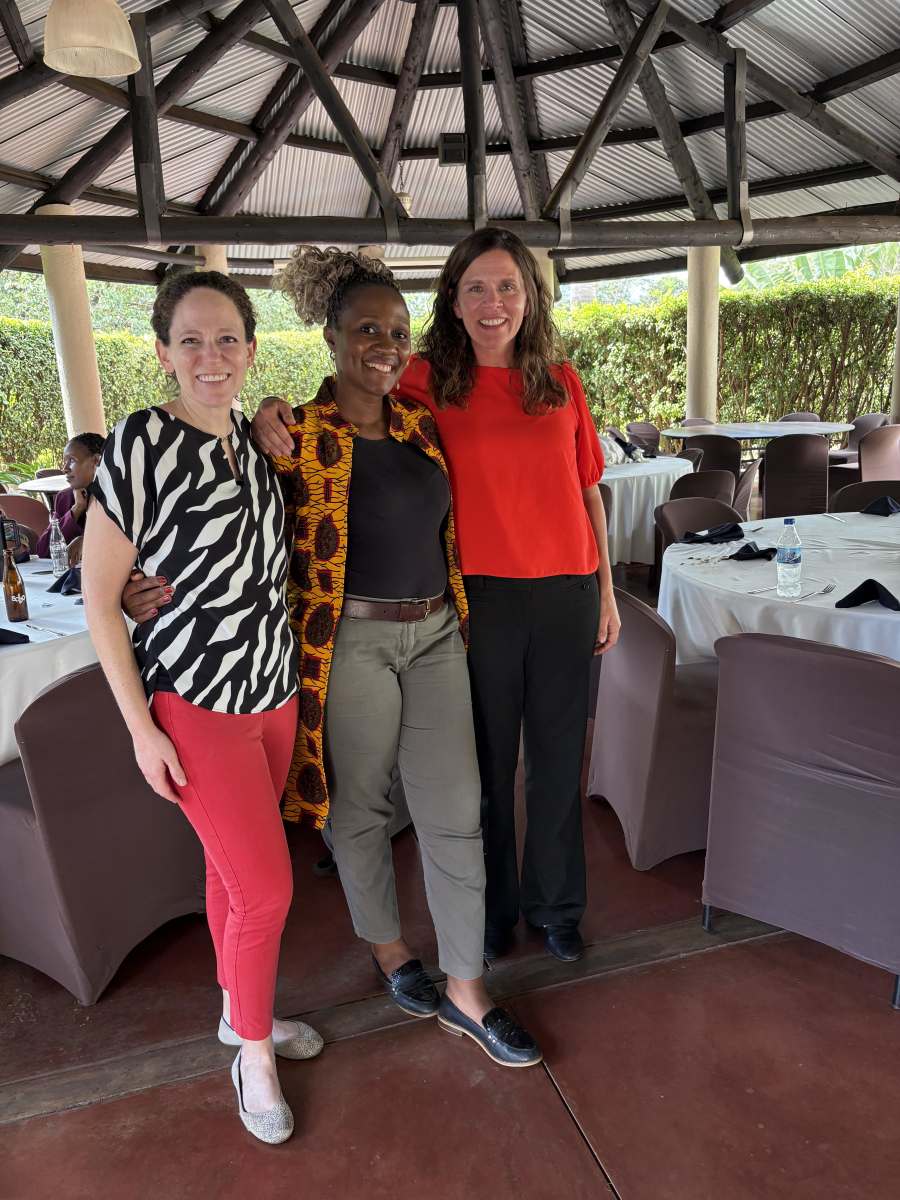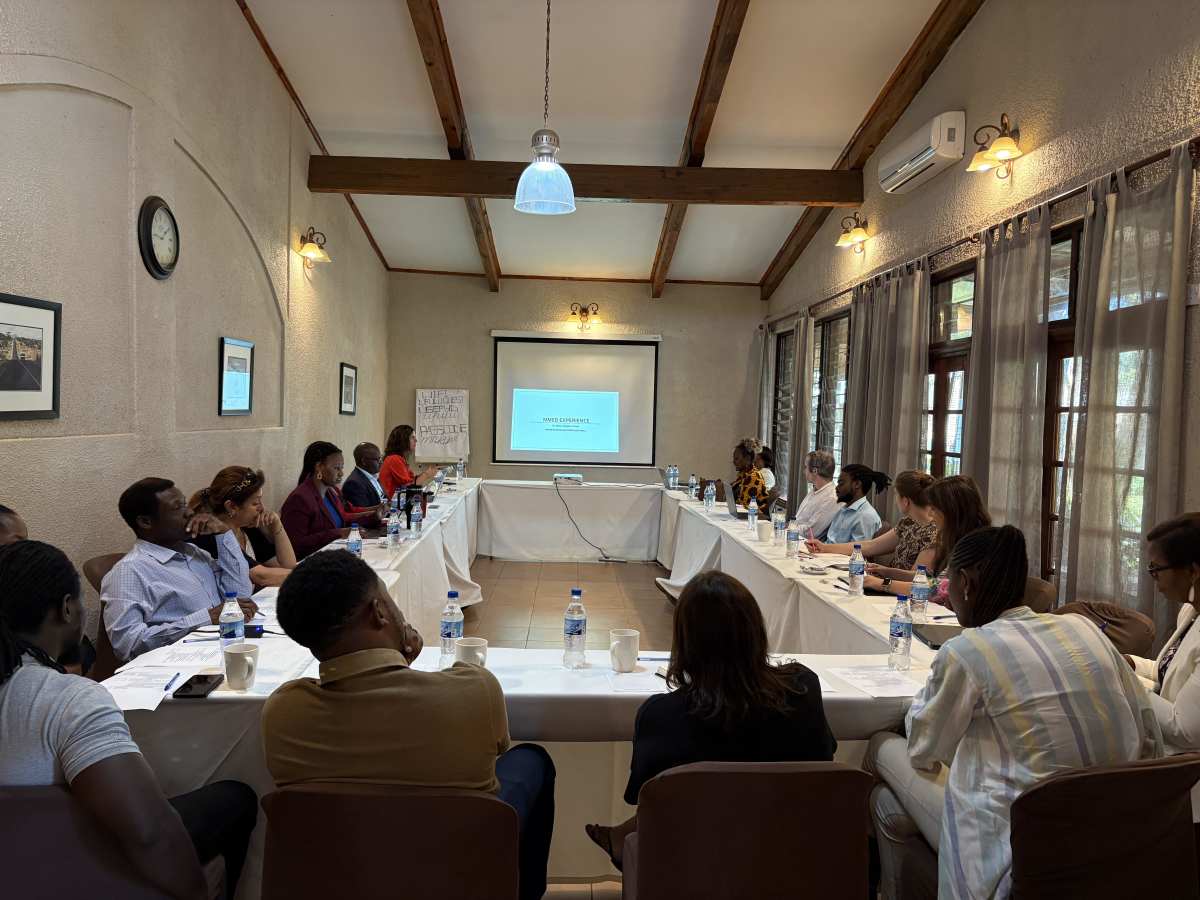This trip is an opportunity to continue the capacity-building work I started at Kamuzu Central Hospital (KCH) in Malawi while living there from 2022-2024. I was the in-country pediatrician for the PACHIMAKE Consortium, which is a partnership between the KCH Department of Pediatrics (DOP) and 4 US institutions. The consortium’s mission is to improve the care of acutely ill children at KCH through sustainable implementation of clinical, educational, and scholarly initiatives that build local capacity. I have been invited to continue working with the consortium and at KCH. The purpose of the trip would be threefold: to participate in the annual PACHIMAKE leadership meeting, work clinically, and work with my quality improvement (QI) team at KCH on our ongoing project. The PACHIMAKE leadership meeting brings together consortium members to identify goals for the upcoming year and strategize ways to implement them. This meeting will focus on re-alignment and re-structuring given changes in KCH leadership and changes in global funding mechanisms. I have been invited to attend the meeting, and my prior experience on the ground lends the unique perspective of understanding both Malawian and US systems. My clinical work would help provide direct patient care to a high volume of pediatric patients with a high mortality rate in a significantly understaffed department. I will provide shoulder-to-shoulder mentoring to the clinicians and nurses. It also allows me to provide teaching to the pediatric residents of the new pediatric residency program at KCH. With fewer than 25 pediatricians in Malawi, training future pediatricians is a high priority. Finally, I will reconnect with my QI team on our multi-phase project to improve triage and prevent unanticipated clinical deterioration. We completed phase 1 when I was there, and returning would allow me to assist the team in phase 2. Returning will also facilitate mentoring my team in the writing process for our phase 1 manuscript.
Malawi is one of the poorest nations of the world with one of the highest mortality rates of children under 5 years. KCH is a large, tertiary referral center but has a pediatric mortality rate nearly 5 times higher than that of US hospitals. Along with my Malawian and US-based colleagues of the consortium, the goal of my work is to reduce these disparities that children face simply based on where they live. The children of Malawi benefit from building local capacity in clinical skills and knowledge, research and scholarship, and quality improvement to improve systems and infrastructure. The current focus of my work is to improve acute care processes so that sick children are recognized and treated early. This improves their outcomes and can prevent the need to escalate care beyond what KCH can provide. Additionally, the clinical staff in the department of pediatrics at KCH benefit from career development and advancement of knowledge and skills. All the work I will do will be in partnership with the Malawian clinicians, nurses, and pediatric trainees so that there is lasting gain in knowledge and skills that they can then apply to future initiatives and at the bedside. We are also still at a stage in the work that the physical presence of another pediatrician helps to offload the work for the only 2 pediatricians at KCH. Providing clinical care and education for trainees directly helps patients, and it supports the residency program that will give Malawi more pediatricians.
The number of children the DOP cares for on a given day can be overwhelming. One unit may see over 200 patients in a day when the capacity is a third of that. Being physically present even as only one more pediatrician exponentially increases the number of patients seen timelier, the ability to recognize and treat of sick children earlier, and the amount of support given to the clinicians and nurses seeing the patients. Clearly, this impacts the children and families cared for, and it provides some relief to the staff. However, the lasting impact from my trip comes from the long-term commitment to the ongoing initiatives that build the local capacity and the support for these that this trip would provide. The goals and strategies established at the PACHIMAKE leadership meeting will be implemented over the next year as we continue our incremental gains. In-person presence allows for more effective communication and collaboration. Having the opportunity to return also helps grow the relationships I cultivated over my time there, and it allows me to work directly with my QI team and the trainees. We have already seen a lasting impact from the first phase of our QI project with the successful and sustainable establishment of a triage system. By reconnecting with them on phase 2, I can better teach them skills to overcome challenges they have faced and work through iterative cycles so that they can continue to apply these skills after I leave. The educational initiatives have also gained momentum for lasting impact. The pediatric residency at KCH now has 2 classes and having the opportunity to provide hands-on education leaves behind knowledge in a more lasting and meaningful way. The work of the consortium is long-term, but we achieve these long-term goals by focusing on specific tasks that lead to incremental gains. I can support and further these gains by having the opportunity to work on the ground alongside my Malawian colleagues.






During my time in Malawi, I was able to participate in the stakeholder leadership meeting for some of the partners working with the Department of Pediatrics (DOP) at Kamuzu Central Hospital (KCH). It was an amazingly successful meeting that celebrated the growth and new leadership of the DOP and new direction that that the partnerships are taking. During the meeting, we were able to provide insights into the goals of partnerships and visions for the future. We were able to strategize next steps. On the final meeting day, we focused on the pediatric residency training program, which is a huge piece to building capacity and improving care for children in Malawi. The program leaders and residents described challenges and successes of the program thus far, and the stakeholders were able to offer perspectives and ideas. We also all participated in a faculty development workshop on working with learners.
While there, I was also able to work clinically in the hospital in the acute care wards. On these days, I rounded with the medical officers and clinical officers on some of the sickest patients we had. I provided bedside teaching, worked through conundrums with them, and worked with the providers to make plans to help these children. We also discussed triage and ensuring that sicker patients were seen sooner.
Lastly, I was able to meet in person with my quality improvement team. We have an ongoing, multi-phase project that has been successful, and we were able to make the goal of starting to write up phase 1. I will continue to work with my team virtually on the writing process, which will also be a learning and capacity-building activity for all of us.